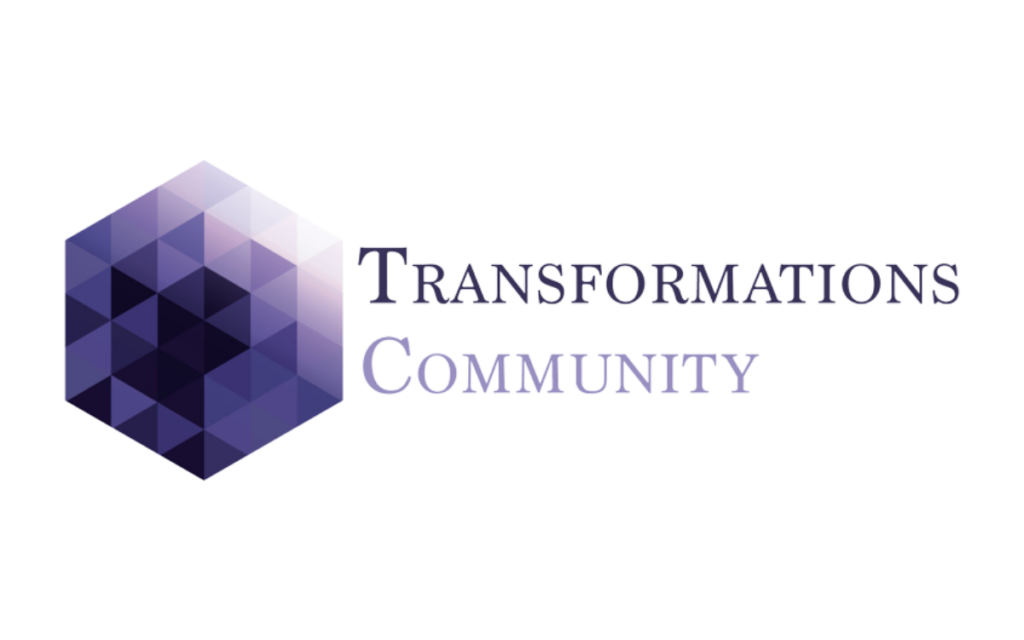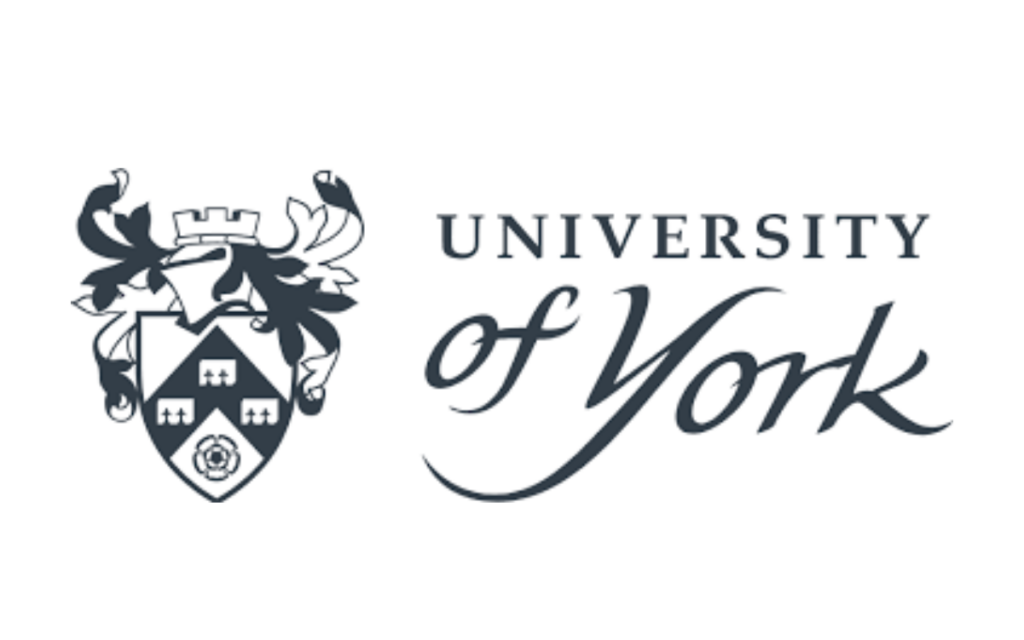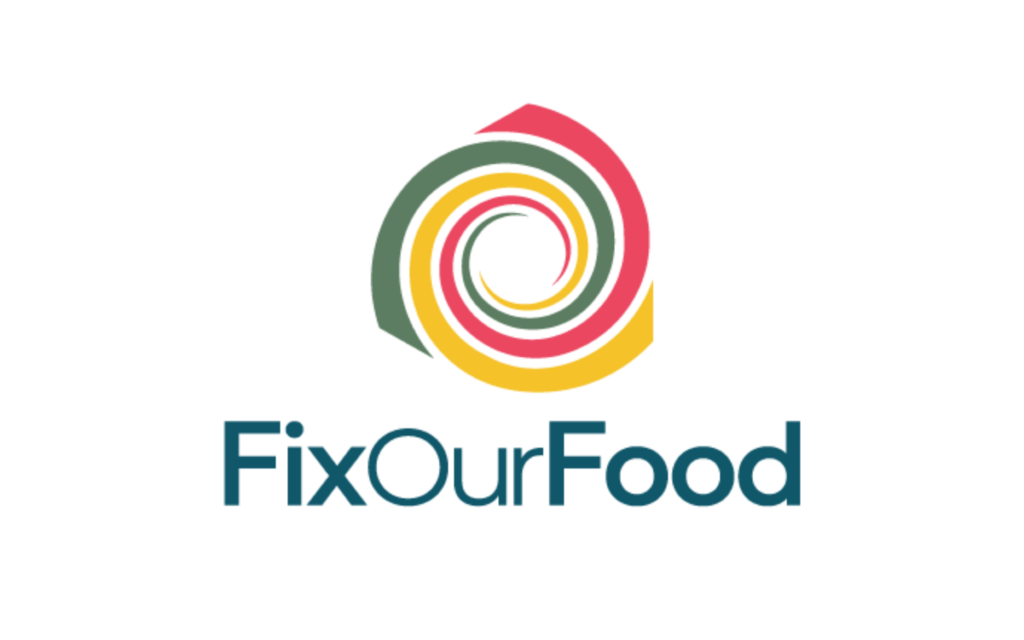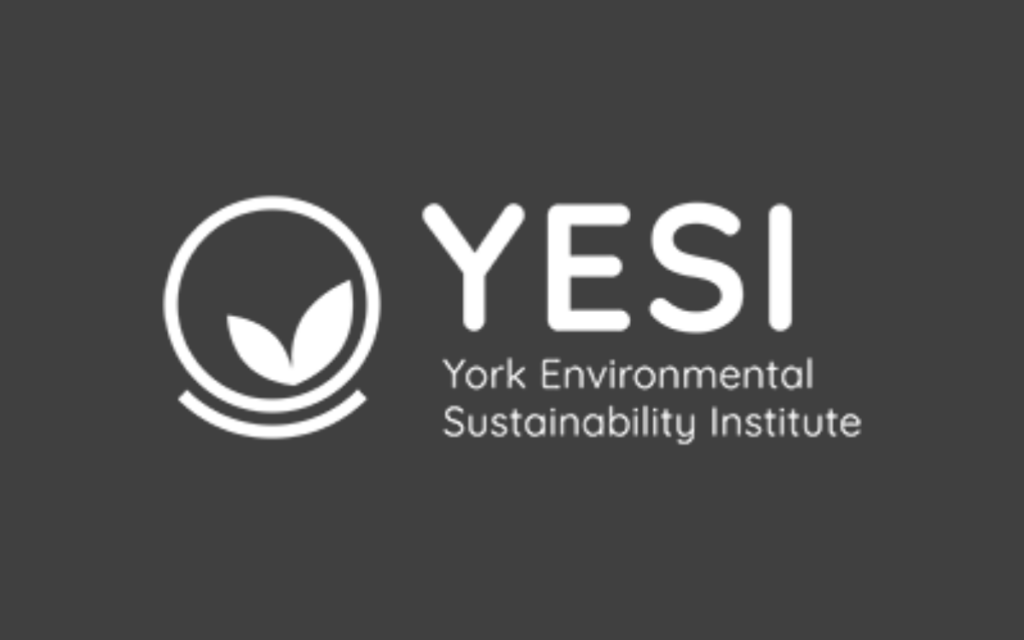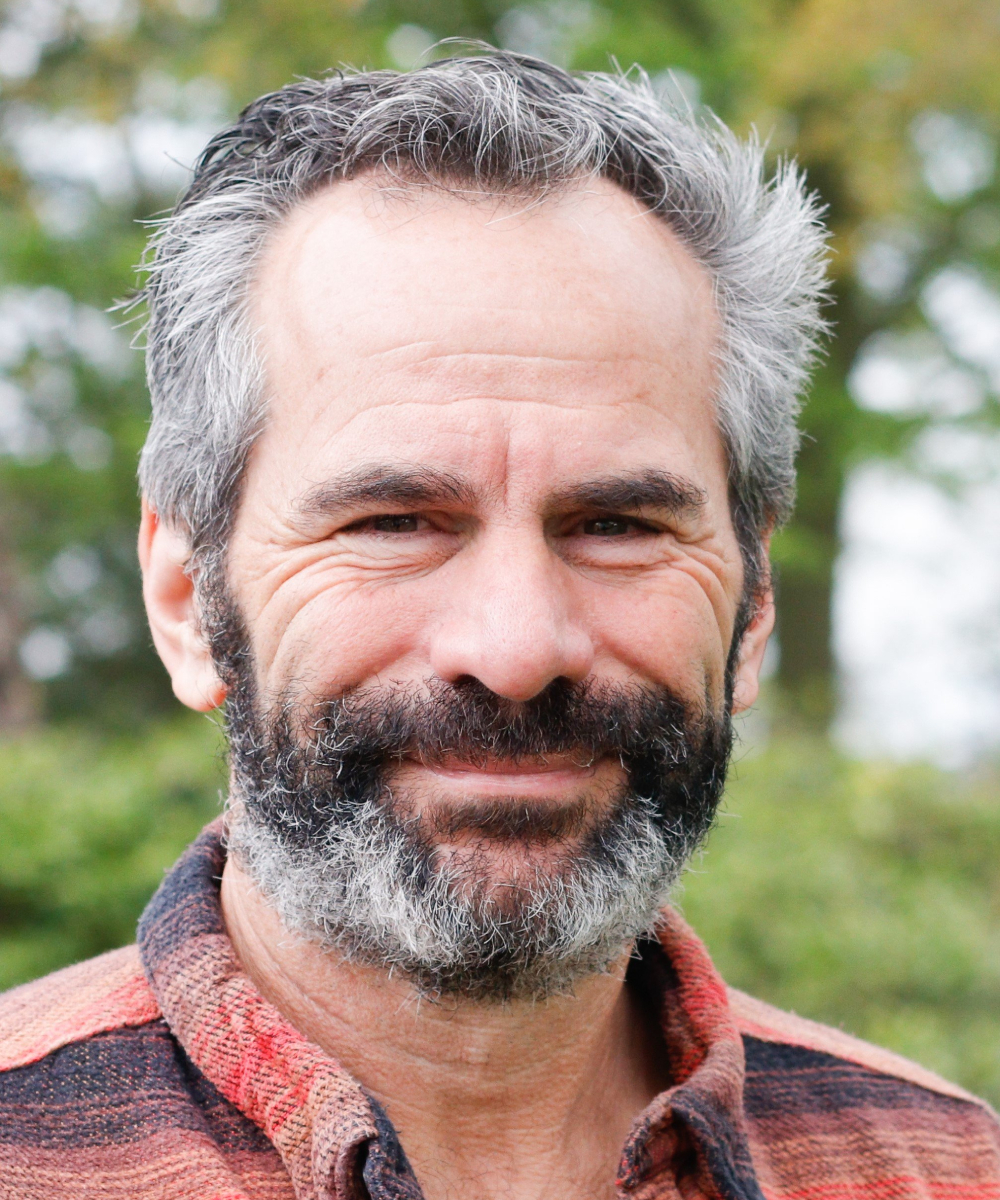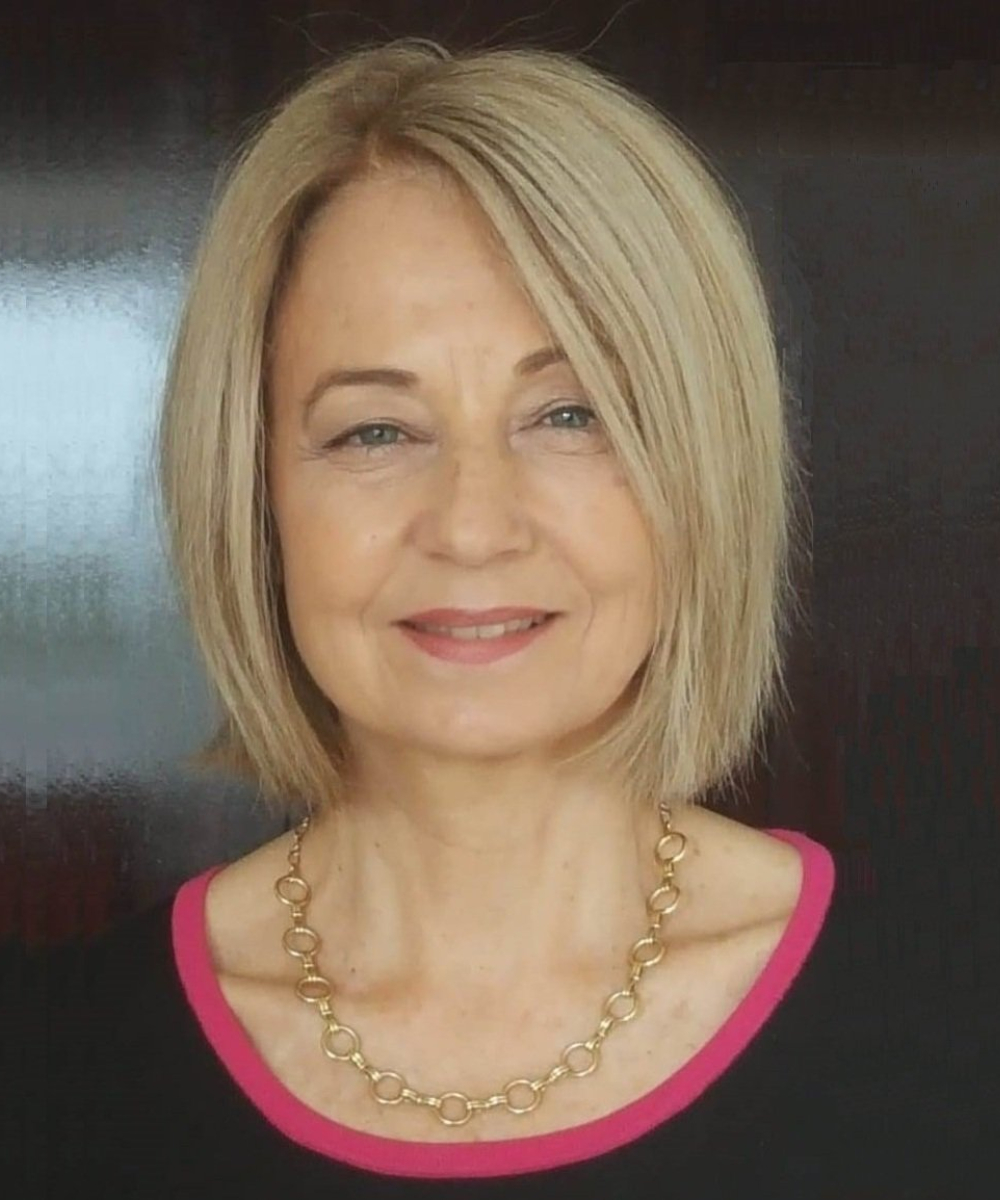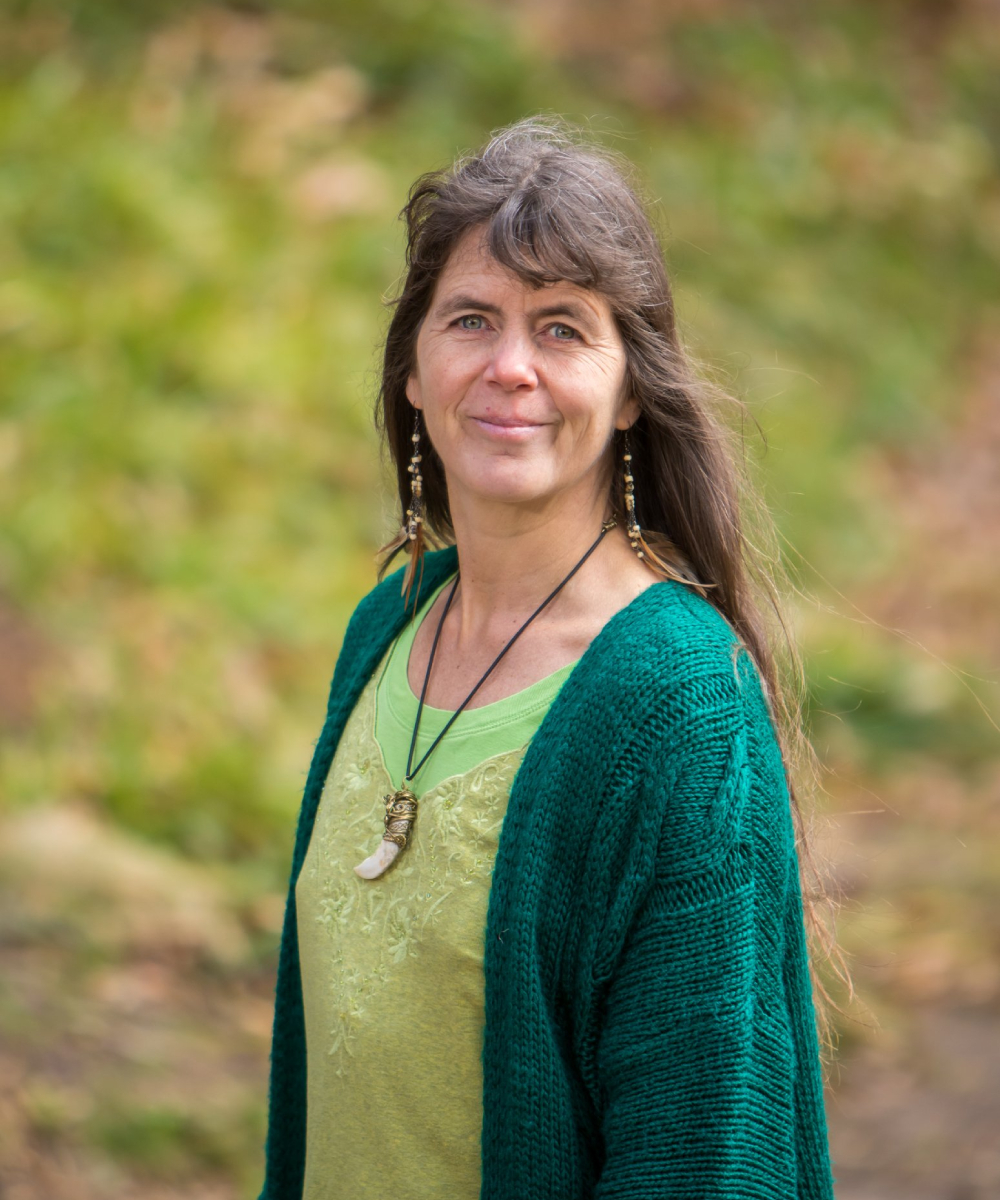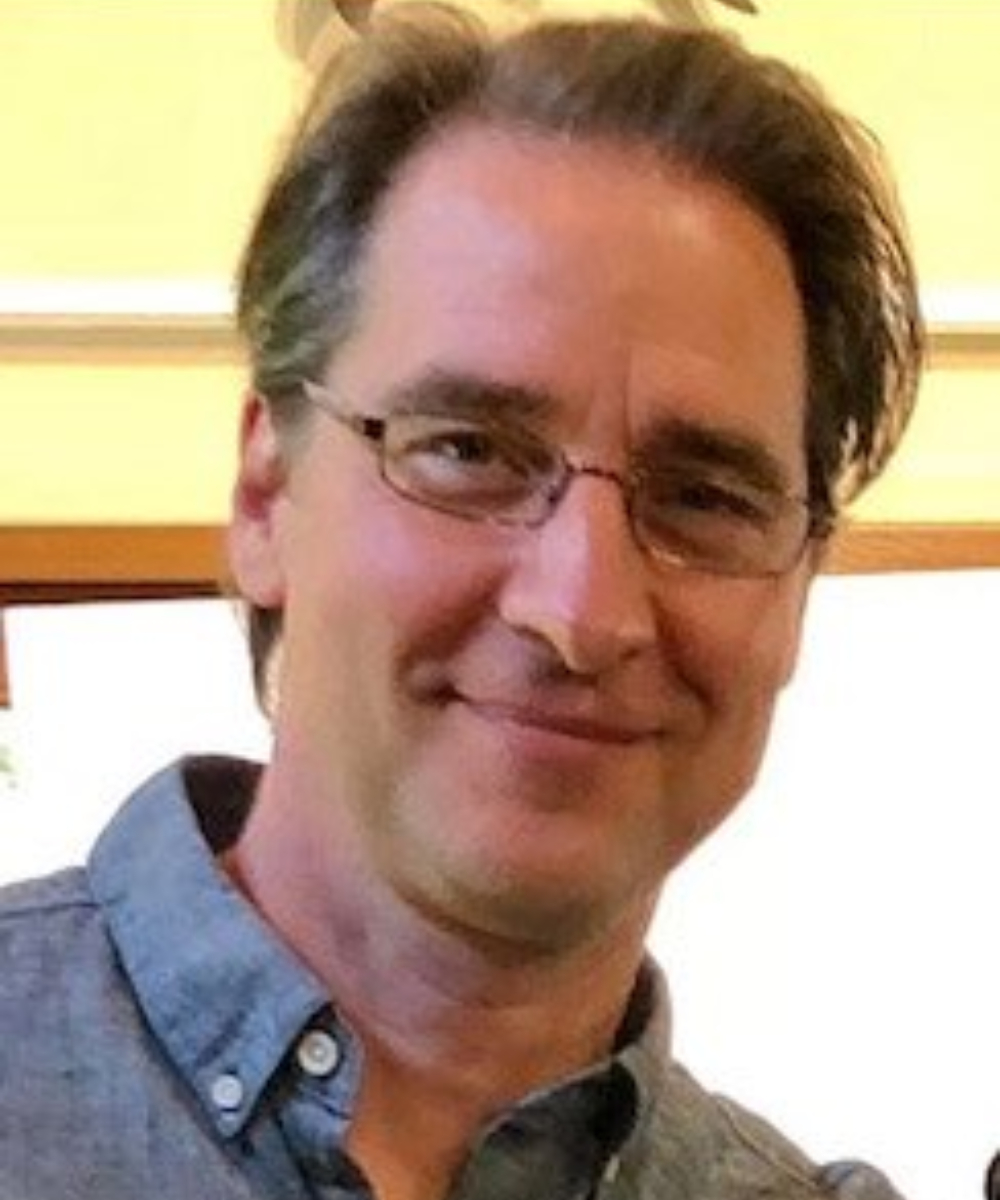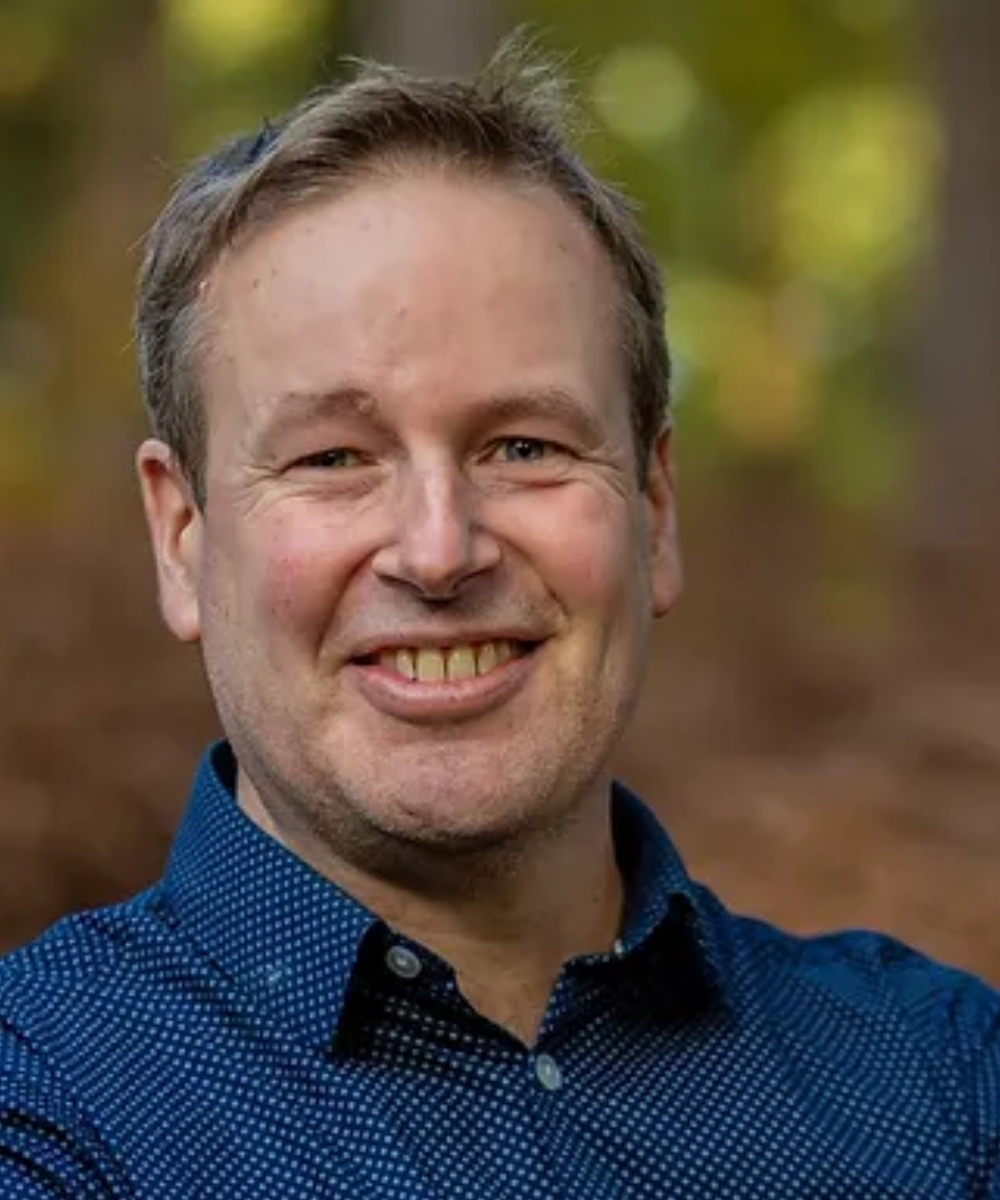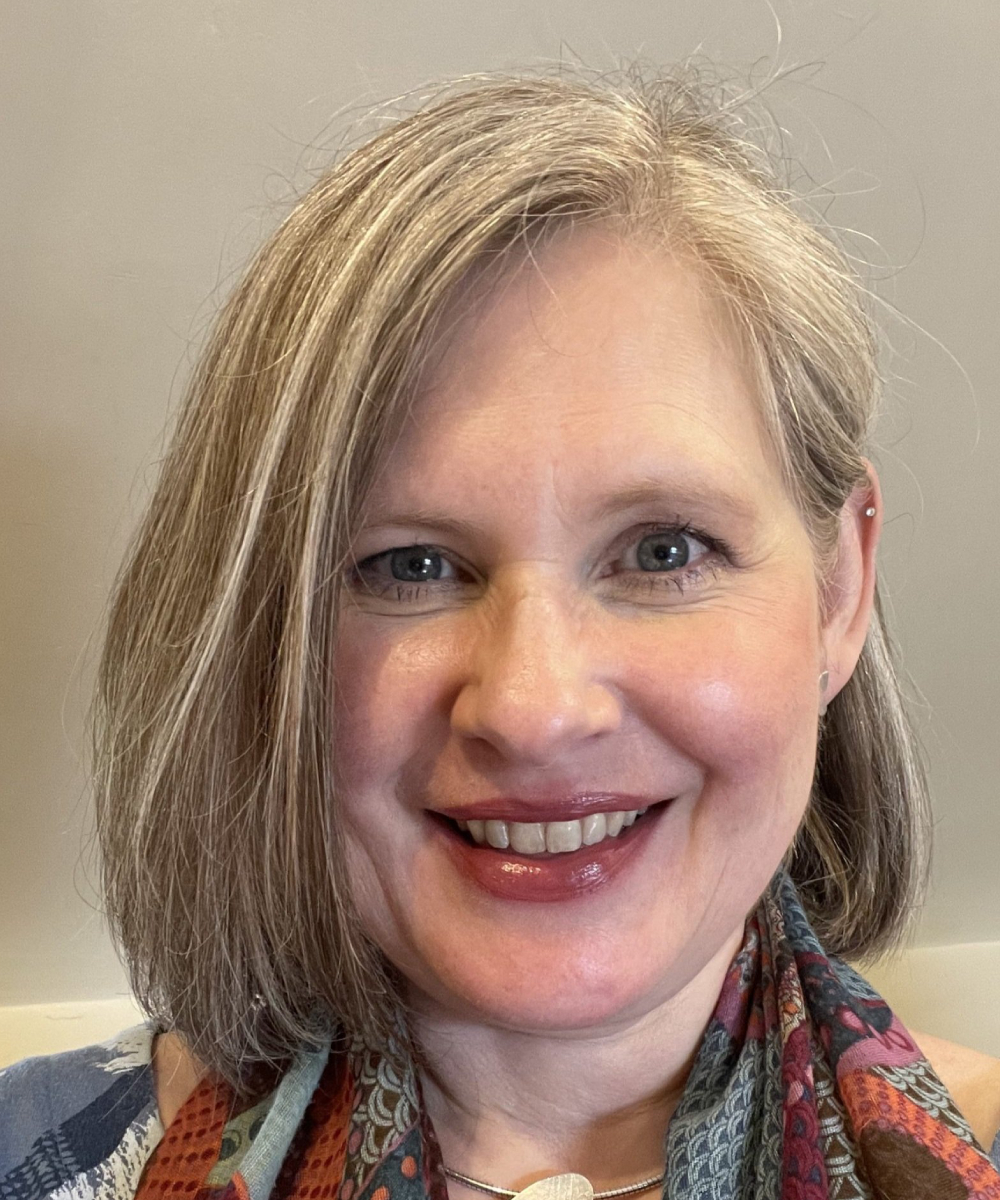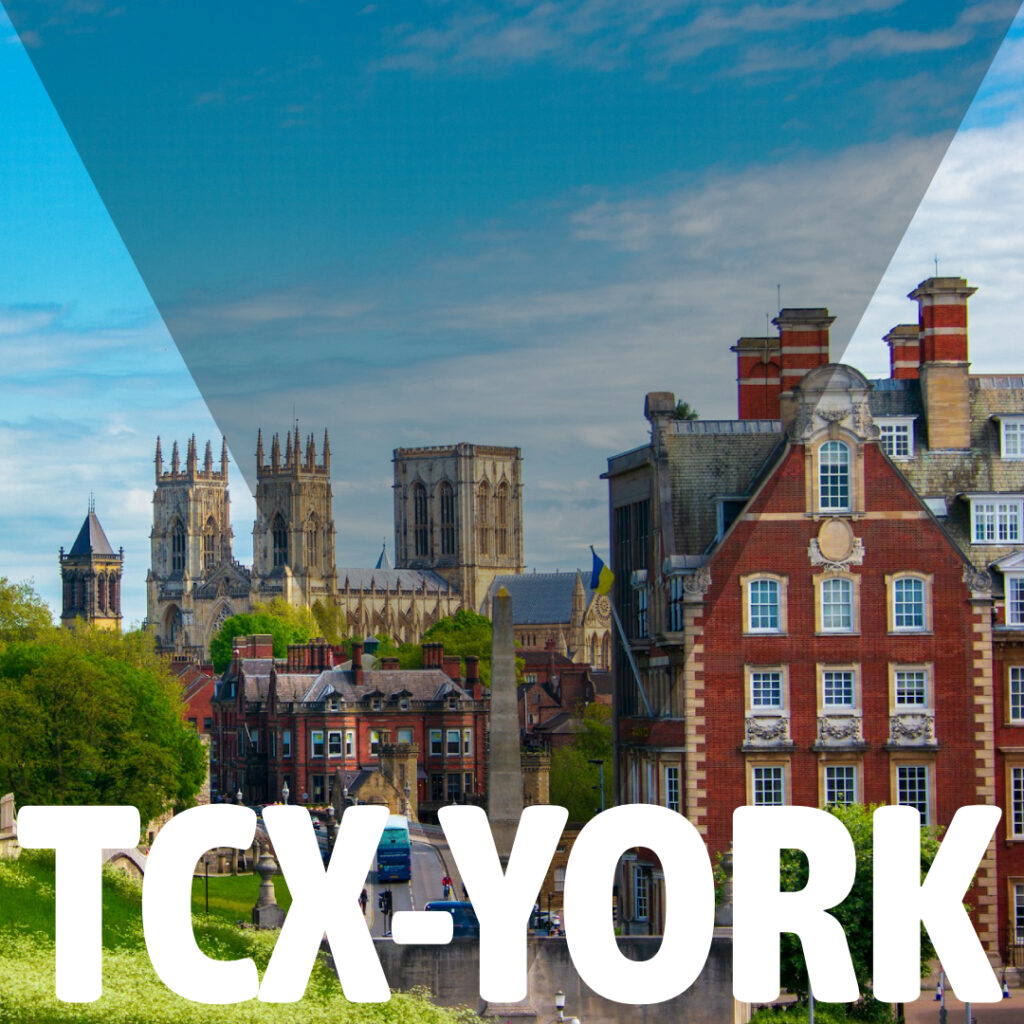
June 25–27, 2025 | UK
TCX-York: Organising for Transformation
Welcome to the TCX-York conference
Hosted by the University of York from June 25–27, 2025.
Submission deadline: 30 November
Join the Transformations Community in the historic city of York to explore how to organise more effectively to support transformational and systemic change and overcome significant contemporary challenges such as climate change and health and social issues. This includes exploring how to best organise, lead, or mobilise for transformations within organisations, communities, cities, or regions.
Organising for Transformation will be a dynamic and engaging space to learn from and collaborate with leading scholars and experts in transformations. This gathering will have a maximum of 100 people, offering an opportunity to establish meaningful connections.
TCX: A Platform for Experimental Engagement
TCX is an innovative experimental space for the Transformations Community, focusing on action-driven participatory research and dynamic collaboration. Tailored to specific topics and regions, TCX features specialized conference tracks, workshops, and online events.
What will the program include?
During the event, there will be an opportunity to:
Engage in dialogue about leading research and practice in the field of transformations.
Participate in experiential workshop sessions to explore tools and methods for supporting transformational change.
Participate in a collective exploration of how to organise for change at scale through exploring food system change using an applied regional case study of Yorkshire, connecting with insights from the transdisciplinary FixOurFood research program.
Consolidate key concepts and ideas on how to organise for, and support continued efforts for systems change across different scales.
TCX-York Partners
Engage with the TCX-York conference
Give a presentation
Submit a proposal for a presentation about examples of good practice, conceptual work, or empirical or practice-focused studies. Presentations from practitioners and academics at all career stages are encouraged.
Lead a practice session
Propose a 1.5-hour experiential session featuring a process or taking a group through a method or tool you use in your work focused on supporting transformations related to one of the conference themes. The emphasis here is on delivering something engaging rather than on a collection of presentations.
Themes
Inner Transformation for Outer Change and Leadership
Co-create new insights about inner transformation and leadership.
It’s widely held that inner transformations—such as changes in an individual’s values, mindsets, and paradigms—are needed for wider system change to occur. This includes the kinds of inner changes needed for new models of governing, organizing, and leadership to emerge. Many questions remain, however, about what constitutes inner transformation, how change on the inside relates to transformations on the outside, how inner transformations can be supported, and how inner change enables or complements more effective leadership for transformation.


Transformative Governance for a Sustainable Just and Equitable Future
Develop a more integrated understanding of how transformational concepts can be implemented in practice through alternative types of governance.
To drive transformations in systems, there is a need to connect system actors in a way that ensures cohered action towards just aims. This task can be intimidating as we are yet to fully understand the role of governance in breaking down the beliefs and values that hold the current system in place or the structures we need to put into place to effectively integrate people and knowledge across scales to enable cohered action.
Transformation-focused evaluation and learning
Share and learn about tools and practices and gain new insights into how you can support others or enhance your transformational work.
Organizing effectively for change requires embedding new kinds of reflexive and transformations-focused evaluation and learning across scales of organizing to keep the ambition high and drive transformational change. While there are now well-established approaches and principles of transformation-focused evaluation, much has still to be learned about doing this in practice.

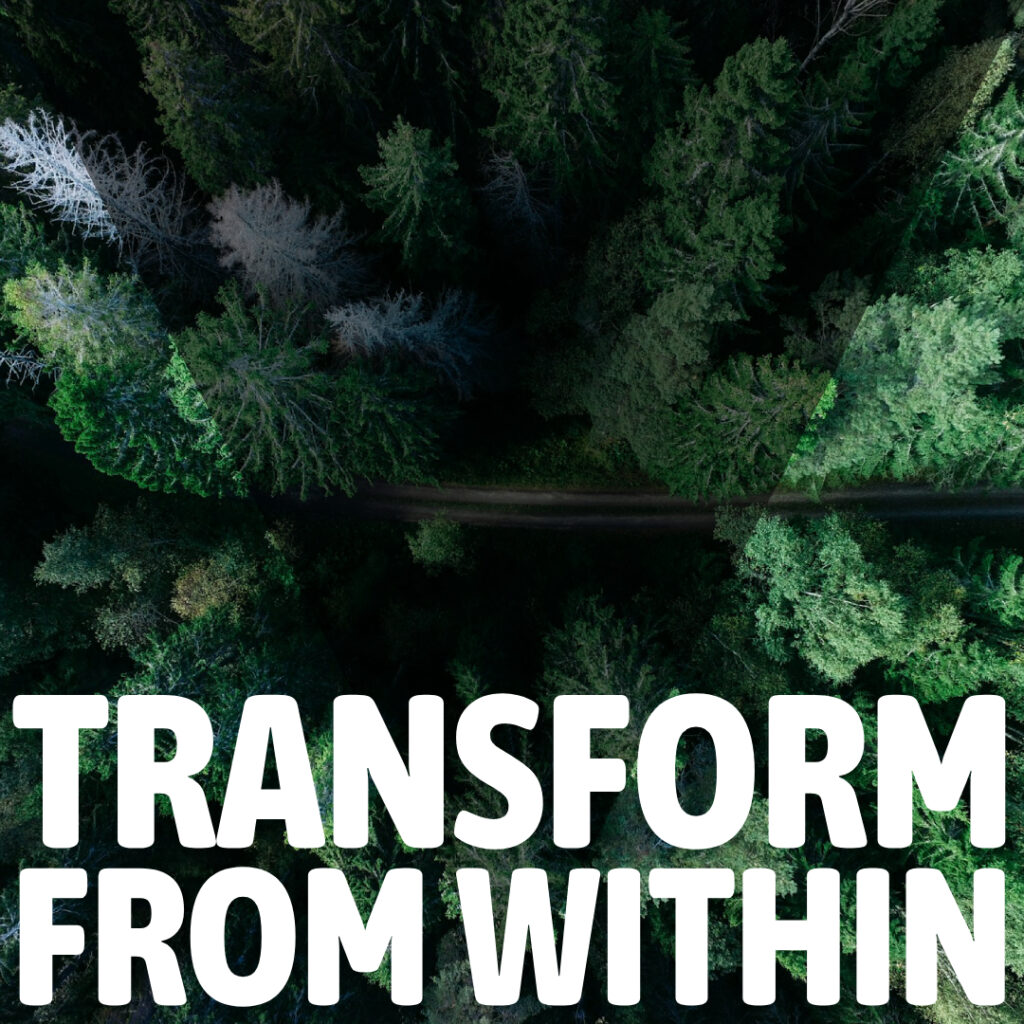
An Extended TCX-York Learning Experience
Stage 1 (Online): Foundational Practices | May 5, 12, 19 & 26, 2025
Stage 2 (In-Person): Intensive Gathering in York | June 30 – July 4, 2025
Stage 3 (Online): Manifesting Transformation | September 1, 8 & 15, 2025
This course is ideal for leaders, change-makers, and those seeking to align inner growth with outer impact.
TCX-York ticket prices
Student / Practitioner
★ Early bird discount-
Full Price: £300
-
after the early bird discount ends.
Delegate
★ Early bird discount-
Full Price: £390
-
after the early bird discount ends.
Registration will open once abstract submitters are notified of the outcome, anticipated for early in the new year.
Catalysts, co-convenors, and organisers
CATALYSTS
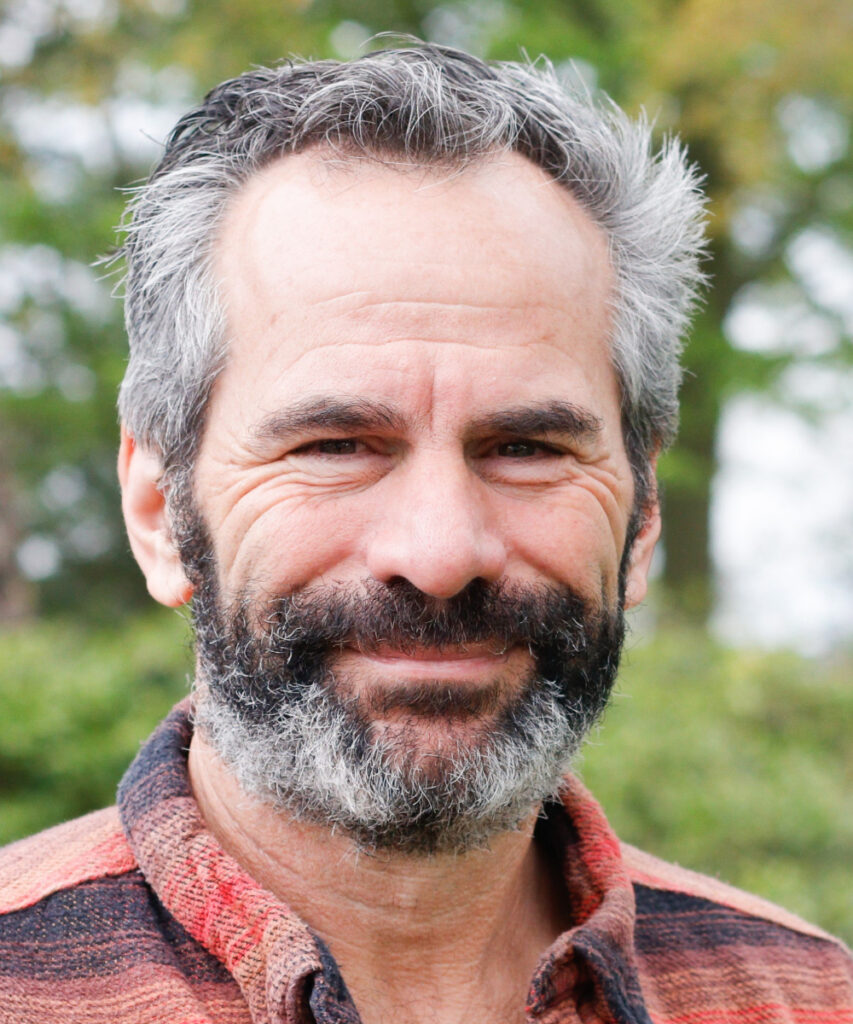
Mick Cooper
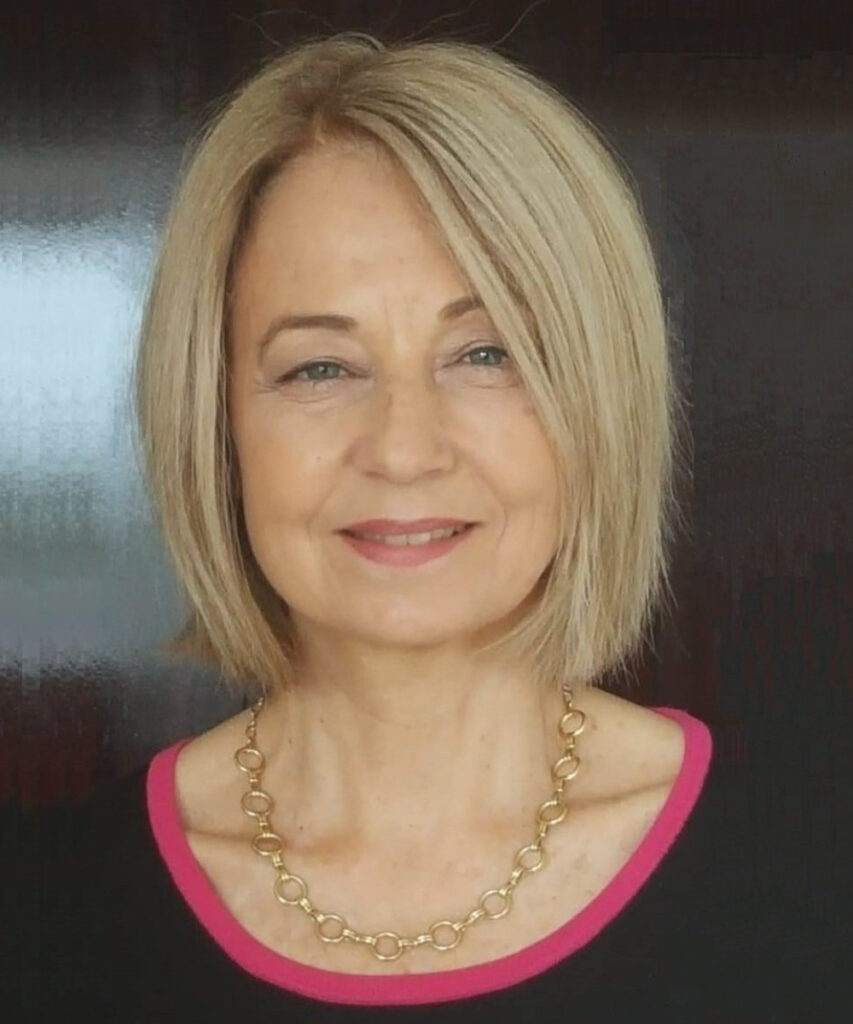
Zenda Ofir
CO-CONVENORS
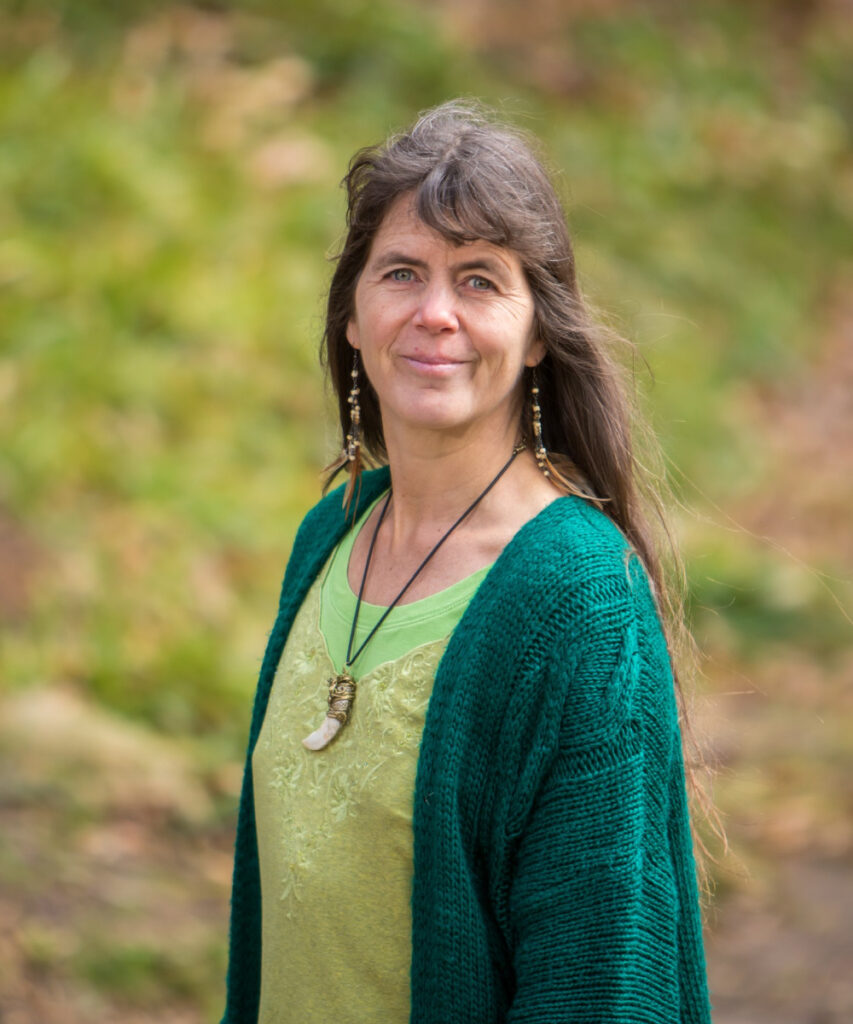
Twobirds Cunningham
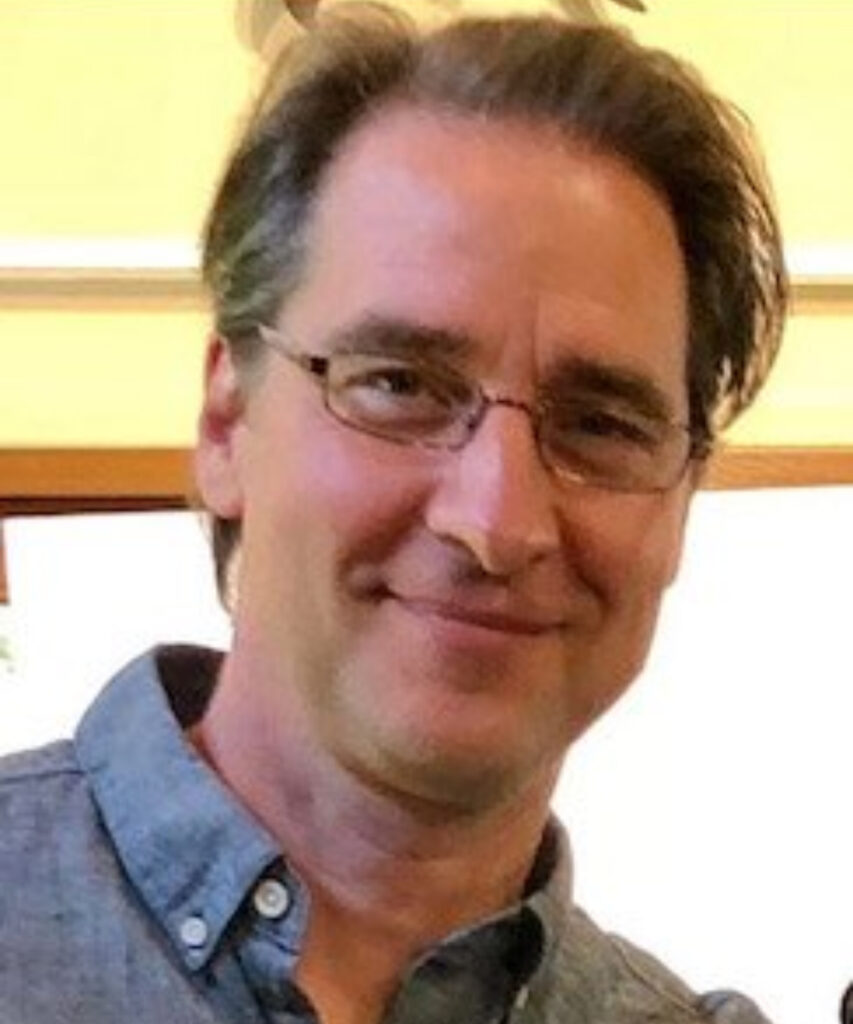
Curtis Ogden
Submission Criteria
What’s your transformation?
Submissions are open for papers related to good practice, conceptual work, or empirical or practice-focused studies. You are also encouraged to propose a 90-minute experiential session focused on how to support transformations related to the conference themes.
Presentations
We are looking for a wide range of presentations from scholars and practitioners that might include examples of good practice, conceptual work, or empirical or practice-focused studies related to systems change. This can include examples of food system change in research or practice. We encourage presentations from practitioners and academics, and from all career stages.
- Extent to which the presentation focuses on transformations or systemic change rather than incremental or marginal change
- Degree to which the proposed presentation is related to the themes of the conference;
- Extent to which the presentation provides clear or novel conceptual or practical insights/lessons;
- Extent to which it adds diversity relative to other proposals selected.
- Title of the presentation
- Names of presenters
- Title of the lead presenter (we want to ensure we have good representation from early career scholars and professionals)
- Affiliation of lead presenter
- Email address and social media handles
- Brief description of the lead presenter’s background (50 words max)
- 3-5 keywords that describe the presentation
- Proposal (200 words max), which will also be used in the conference brochure if your proposal is accepted
- Technical needs for the presentation
- Permission to record
Practice sessions
The aim of practice sessions is to introduce methods, tools and approaches that help us with transformations in practice. We encourage sessions that are experimental, dynamic and engaging.
- Extent to which the proposal focuses on transformational or systemic change
- Extent to which the session is experiential, engaging, facilitated, or in mini-workshop style rather than delivery of a series of presentations
- Degree to which the proposed presentation is related to the themes of the conference
- Extent to which the presentation provides clear or novel conceptual or practical insights/lessons
- Extent to which the proposed session adds diversity relative to other proposals selected
- Clarity and practicality of the design of the workshop (The practice sessions will be of 1.5 hours in length, and will need to cater for a range of around 15-40 people)
- Title of the practice session
- Names of presenters
- Affiliation of session lead
- Email address and social media handles
- 3-5 keywords that describe the practice session focus
- Brief description of the session leads backgrounds (50 words maximum per box, 3 boxes for 3 leads maximum)
- Rationale, aims, and overview of what participants can expect (200 words maximum), which will also be used in the conference brochure if your proposal is accepted
- Explanation of how the session will be delivered, i.e., a delivery process plan (maximum 200 words).
- Any technical requirements needed
Submission deadline: 30 November
Stay connected
Stay tuned for more updates and detailed agendas as we approach the event dates.
We look forward to welcoming you to York for an unforgettable experience.

A journey of transformation
This inspirational course invites you to awaken your fullest potential and align with your true purpose through the ancient wisdom of Shamanic practice. Guided by expert trainer and facilitator Ioan Fazey, you will embark on a unique journey of self-discovery, inner transformation and growth.
This course is for those that align with the mission and purpose of the TransformationsCommunity.org – for leaders, change-makers, scholars and professionals who want to see a better world, feel pulled towards something greater, and have the sense that they have not yet stepped into their full potential.
Noted & Quoted
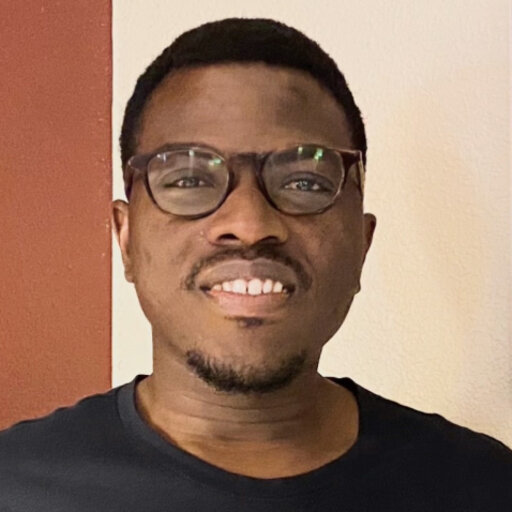
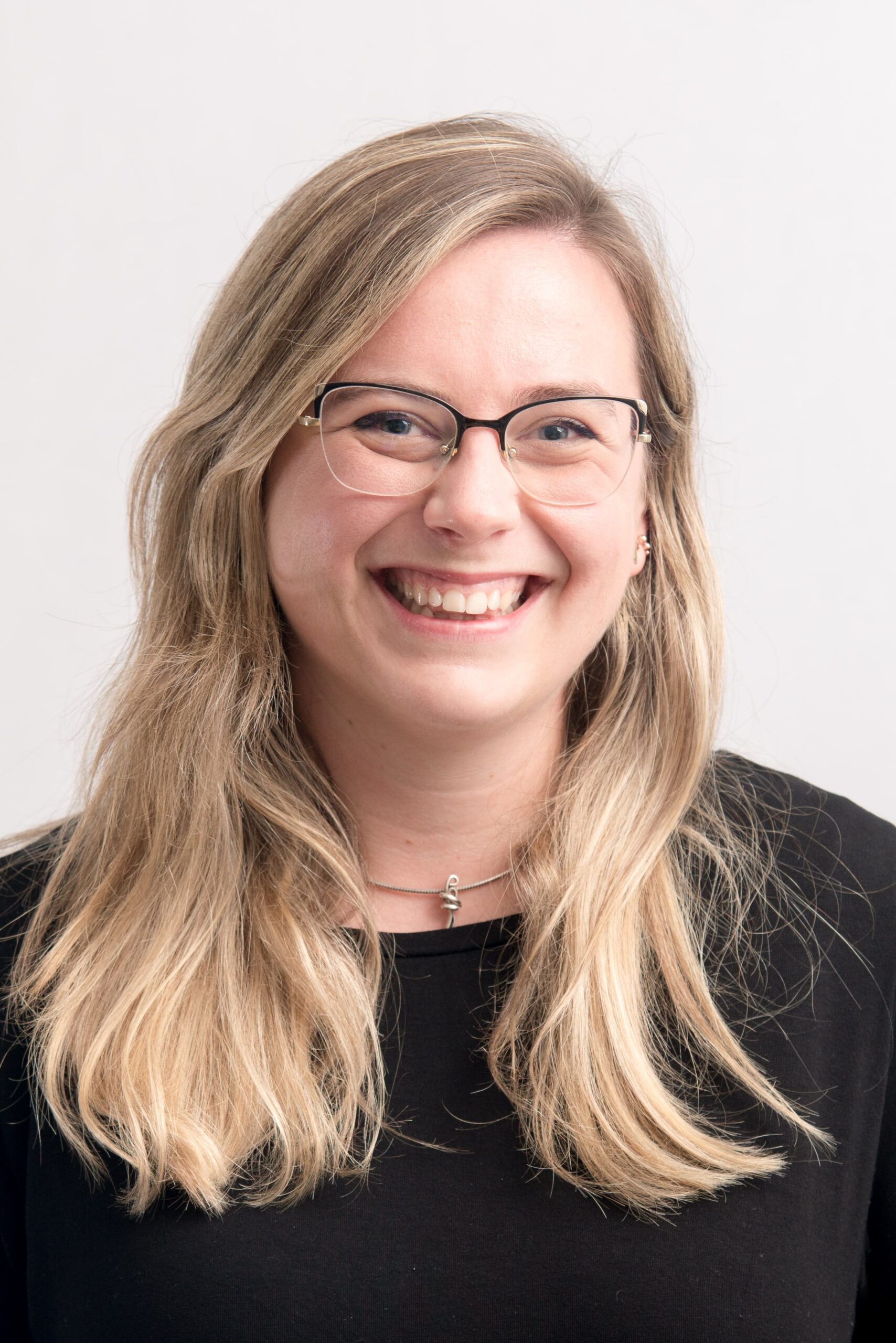
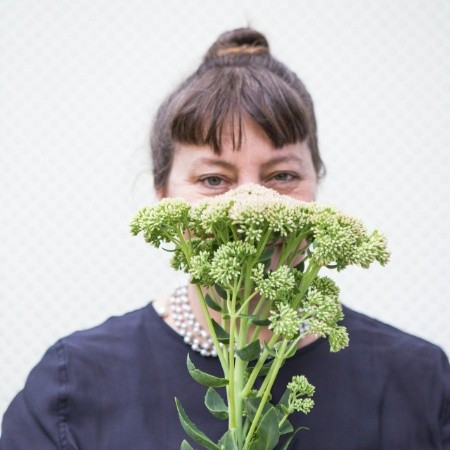
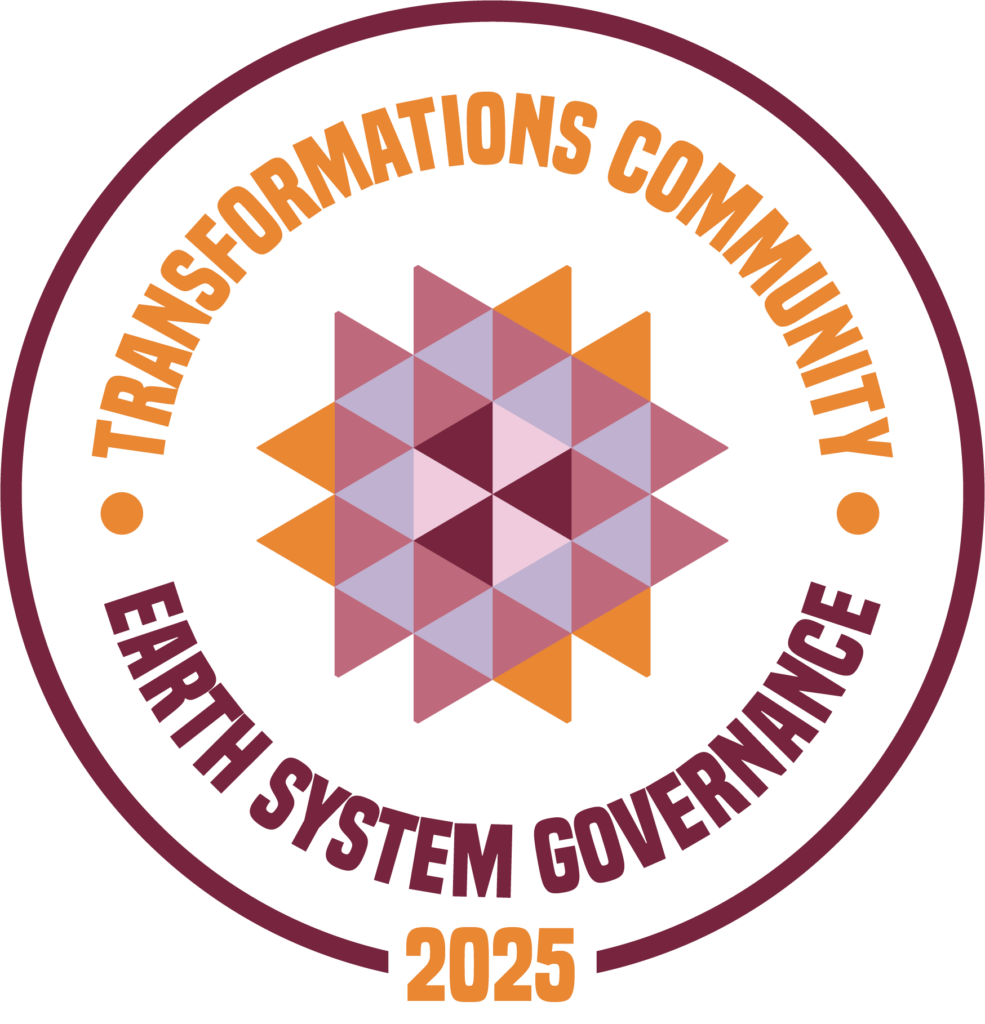
TC/ESG25 Conference | August 18–21, 2025 | Kruger National Park, South Africa
TCX-York: Organizing for Transformation | June 25–27, 2025 | University of York, UK
© 2024 Transformations Community. All Rights Reserved.
